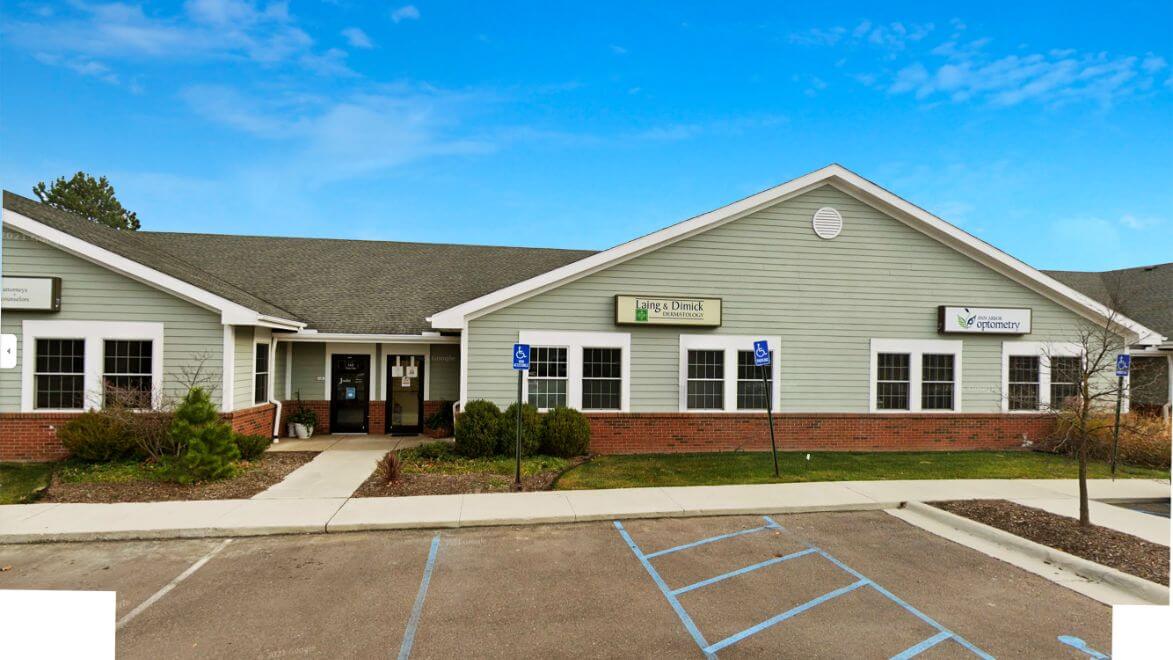Warts
Our dermatologists are skilled at identifying and treating warts. They offer various treatments like freezing, medications, or lasers to effectively remove warts and prevent their recurrence, providing clear and smooth skin for patients. Schedule your appointment with Pinnacle Dermatology to uncover your personalized treatment plan.
Examples of Warts
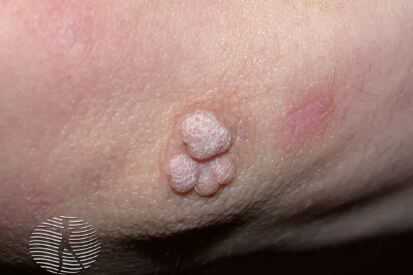.jpg)
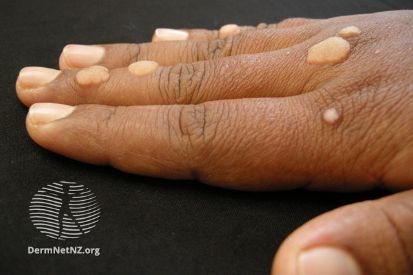
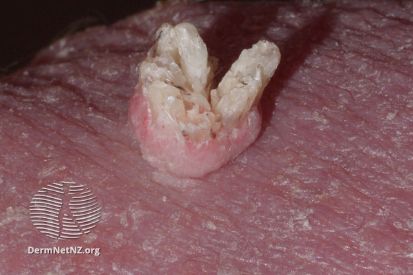
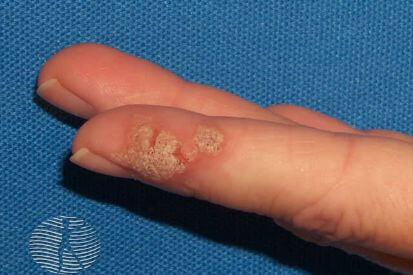.jpg)
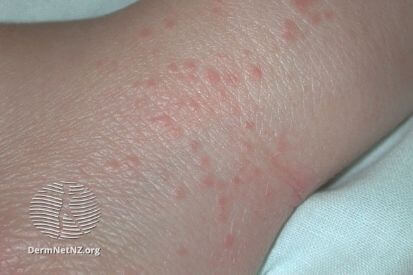
Symptoms of Warts
- Warts often appear as small, raised, and fleshy growths on the skin.
- Some warts have tiny, black dots (clotted blood vessels) that resemble seeds.
- Warts are usually painless, but they can cause discomfort, especially if located on weight-bearing areas like the soles of the feet.
- Warts may appear individually or in clusters, known as mosaic warts.
- Warts can be flesh-colored, pink, or slightly darker than the surrounding skin.
What Causes Warts?
- Warts are caused by the human papillomavirus (HPV).
- Warts are contagious.
Can You Prevent Warts?
FAQs for Warts
Warts are contagious, especially through direct skin-to-skin contact. To prevent spreading, avoid picking at warts, and use precautions such as not sharing personal items like towels or razors.
Dermatologists often diagnose warts based on their appearance. If you have persistent or bothersome warts, especially on the face or genital area, it's advisable to consult a dermatologist.
Warts may go away on their own, but treatment is often recommended for faster resolution. Dermatologists may use various methods, including topical treatments, cryotherapy, or laser therapy.
If you notice changes in a wart's appearance, such as growth, bleeding, or color changes, it's essential to consult a dermatologist promptly. Changes may indicate a need for further evaluation.
Warts are common in children, but adults can get them as well. The immune system plays a role in susceptibility. Dermatologists can provide appropriate treatments for all age groups.
Watch: What are Wart Infections?
Treatment Options for Warts
- Cryotherapy (freezing): uses liquid nitrogen to freeze and destroy the wart. May require multiple treatments.
- Minor surgery: Wart tissue is cut away surgically and the area is cauterized (burned).
- Topical treatment of medications or films.
- Injections to stimulate the body's immune system to fight the virus, and others.
Featured Blogs

- General Dermatology
- Skin Care
- Chronic Skin Conditions
We asked one of our skin care professionals for tips on how to clear up acne. Here's what he had to say.
Read More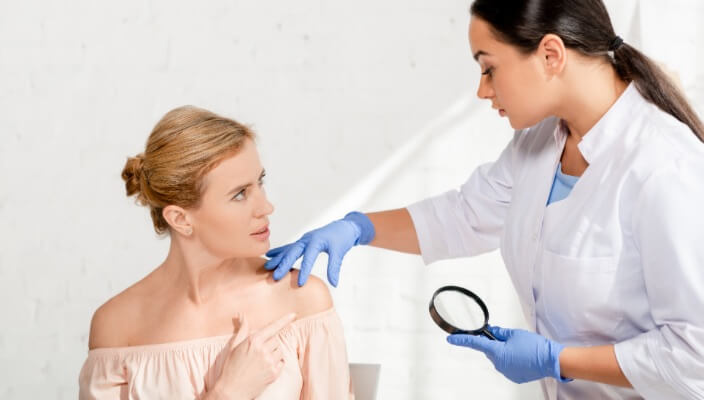
- General Dermatology
Curious if it's time to consult a dermatologist? Explore key signs and considerations to determine whether a visit to a skincare expert is essential for your skin health and well-being.
Read More
- Skin Cancer
- Sun Safety
Explore important factors for effective sun protection and safeguarding your skin against the harmful effects of UV radiation.
Read MoreFeatured Products
Check your local office for current stock!
Check your local office for current stock!


